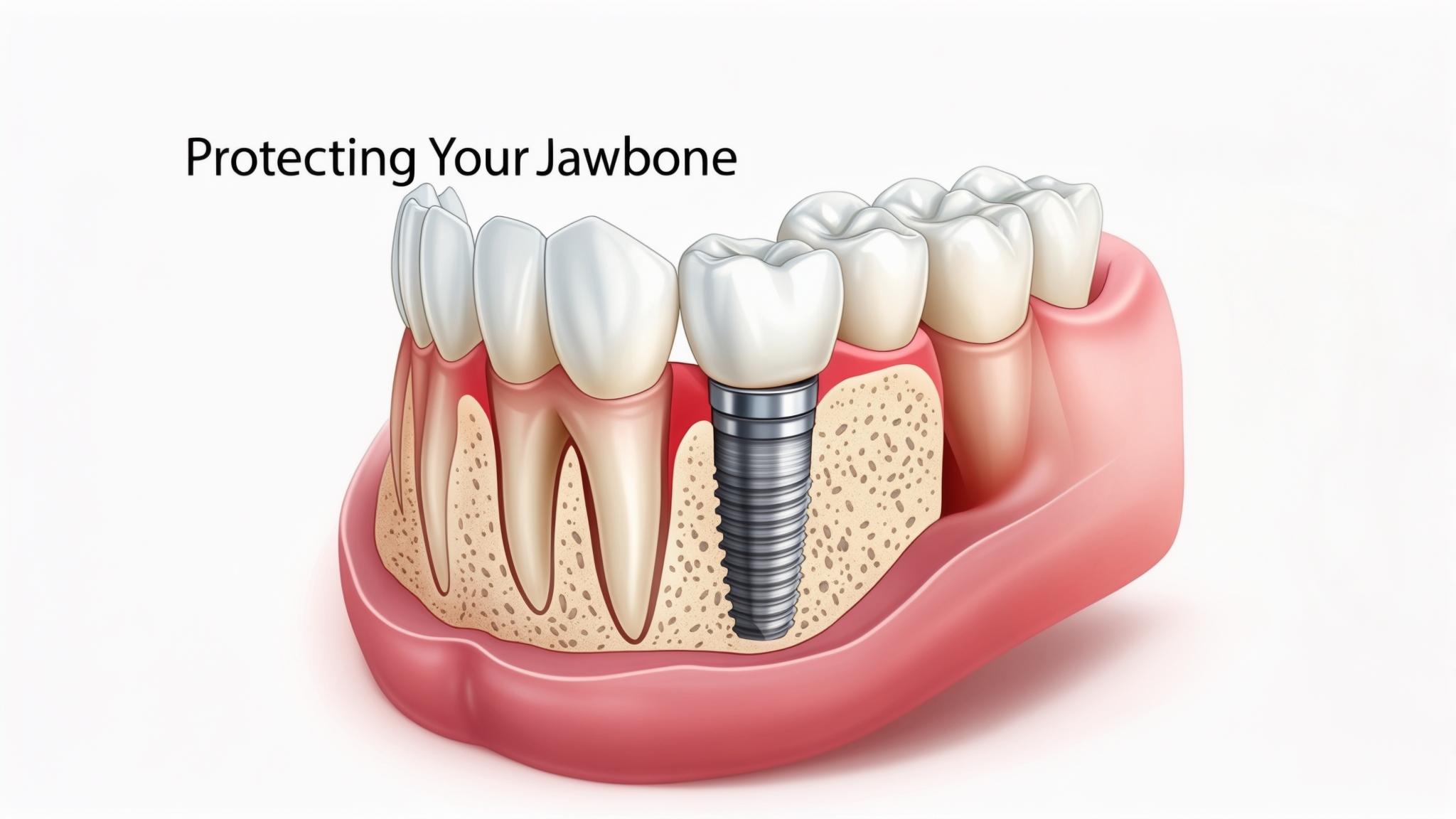Introduction
Imagine losing a tooth and thinking it's just a gap in your smile. But did you know that tooth loss can lead to bone loss in your jaw? Dental implants are a revolutionary solution that not only replace missing teeth but also help maintain your jawbone health. In this article, we'll explore how dental implants work and why they're crucial for preserving your jawbone.
When a tooth is lost, the bone that once supported it begins to deteriorate, a process known as bone resorption. This can lead to changes in facial structure and even further tooth loss. Maintaining jawbone health is essential not just for aesthetics but also for overall oral function.
Understanding Bone Loss
Explanation of Bone Resorption
Bone resorption occurs when the bone begins to break down and is absorbed back into the body. After a tooth extraction, the absence of the tooth root means the jawbone no longer receives the stimulation it needs. This lack of stimulation leads to bone loss over time.
Several factors contribute to bone loss, including age, periodontal disease, and the length of time a tooth has been missing. Without intervention, this can result in significant changes to your oral health.
Impact of Bone Loss on Oral Health
Bone loss can drastically affect your oral health. As the bone diminishes, it can alter your facial structure, leading to a sunken appearance. Additionally, it can make chewing and speaking difficult, reducing your quality of life. Moreover, bone loss increases the risk of losing more teeth, creating a vicious cycle.
The Role of Dental Implants
Definition and Components of Dental Implants
Dental implants are artificial tooth roots, usually made of titanium, that are surgically placed into the jawbone. They consist of three parts:
- Implant post: The screw-like component that acts as the tooth root.
- Abutment: A connector that supports the crown.
- Crown: The visible part of the tooth that matches your natural teeth.
How Dental Implants Differ from Other Tooth Replacement Options
Unlike dentures and bridges, dental implants are integrated into the jawbone, offering superior stability and longevity. Dentures can slip and cause discomfort, while bridges may require altering adjacent teeth. Implants, however, provide a permanent solution that mimics natural teeth in function and appearance.
Mechanism of Action
Osseointegration Process
Osseointegration is the process where the implant post fuses with the jawbone. This fusion is critical as it provides a stable foundation for the artificial tooth. By promoting bone growth, implants help maintain the integrity of the jawbone.
Stimulation of the Jawbone
The forces exerted by biting and chewing are crucial for stimulating the jawbone. Dental implants transfer these forces to the bone, preventing resorption. This functional load keeps the bone healthy and prevents further deterioration.
Benefits of Dental Implants for Jawbone Health
Preservation of Bone Density
Dental implants help preserve bone density by providing the necessary stimulation that prevents bone loss.
Maintenance of Facial Structure and Aesthetics
By maintaining bone density, implants help preserve your facial structure, preventing the sunken appearance associated with bone loss.
Improved Oral Function and Quality of Life
With dental implants, you can enjoy improved chewing ability and speech, enhancing your overall quality of life.
Case Studies and Research
Overview of Studies Linking Dental Implants to Bone Health
Numerous studies have shown that dental implants are effective in preserving bone health. For instance, research has demonstrated that implants can significantly reduce bone resorption compared to other tooth replacement methods.
Real-life Testimonials from Patients
Patients who have received implants often report increased confidence and improved oral function. Their testimonials highlight the transformative impact of dental implants on their lives.
Long-term Outcomes of Dental Implants
Long-term studies indicate that dental implants not only preserve jawbone health but also maintain their effectiveness and stability over many years.
Conclusion
Dental implants play a vital role in preventing bone loss and maintaining jawbone health. For anyone facing tooth loss, considering dental implants is a wise decision to preserve both your oral health and quality of life. We encourage you to consult with a dental professional to explore your options.
References
- American Academy of Implant Dentistry
- "Dental Implants: A Review" - Journal of Clinical and Diagnostic Research
- "Long-term Outcomes of Dental Implants" - Clinical Oral Implants Research
For further reading on dental implants and oral health, consider visiting reputable dental health websites or speaking with your dentist.

